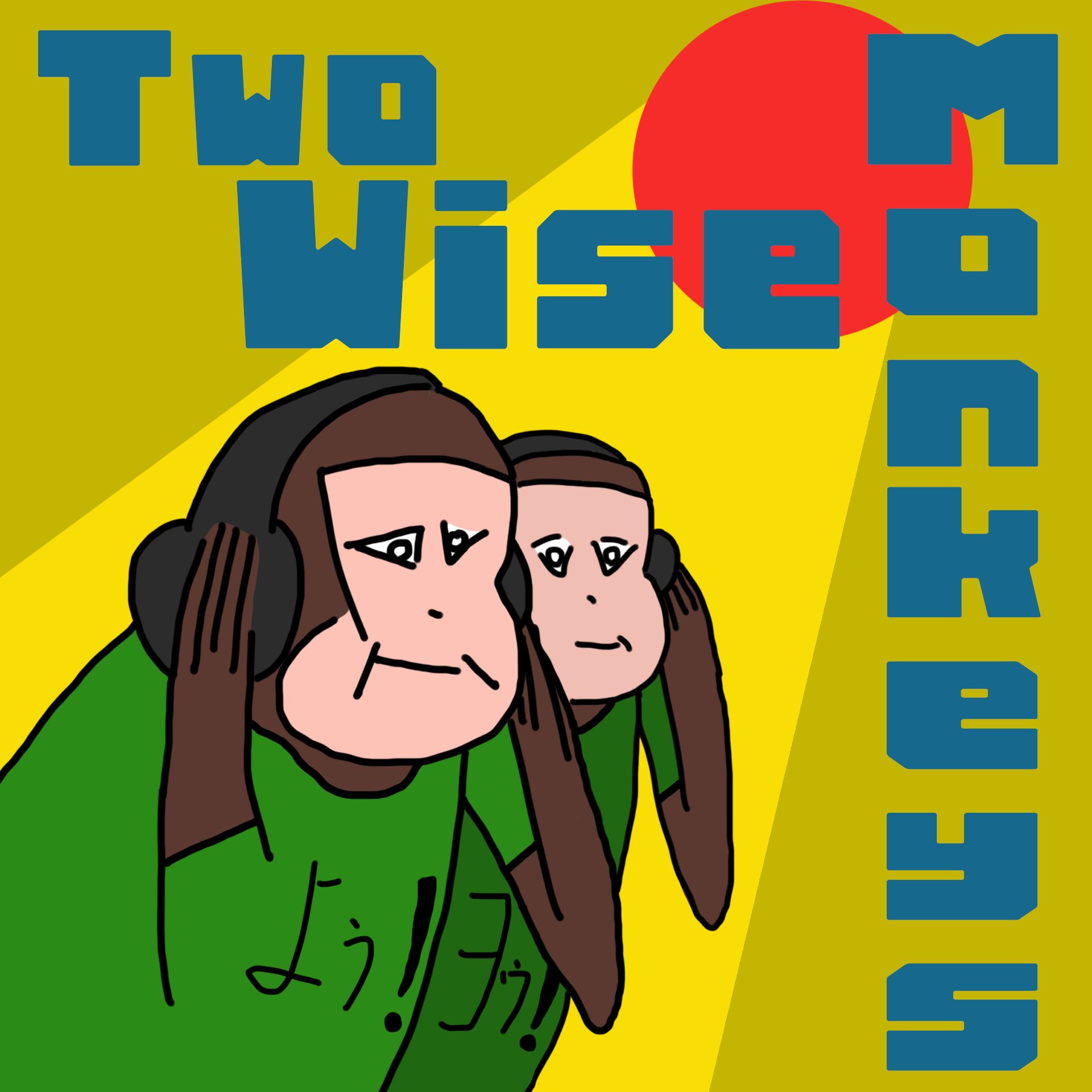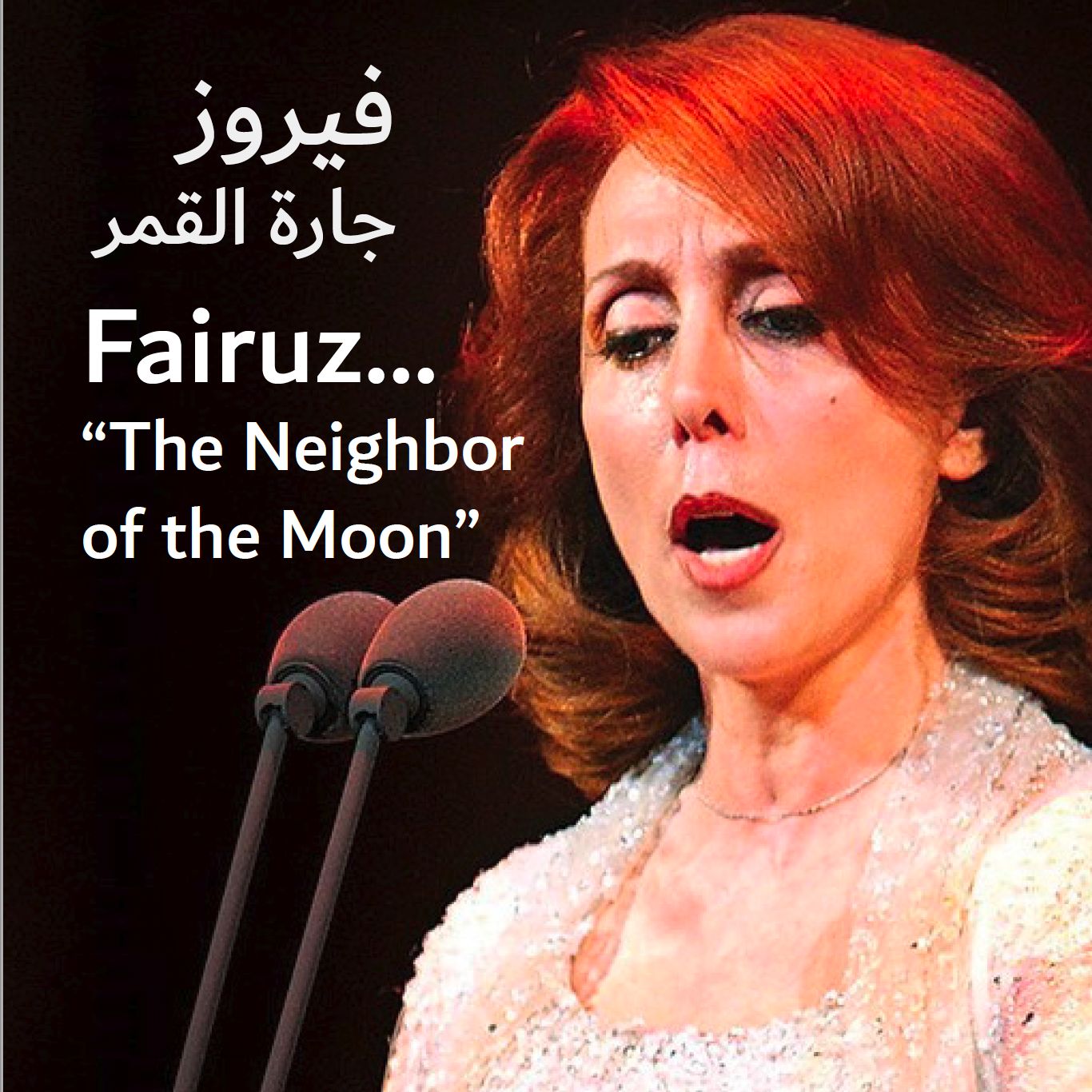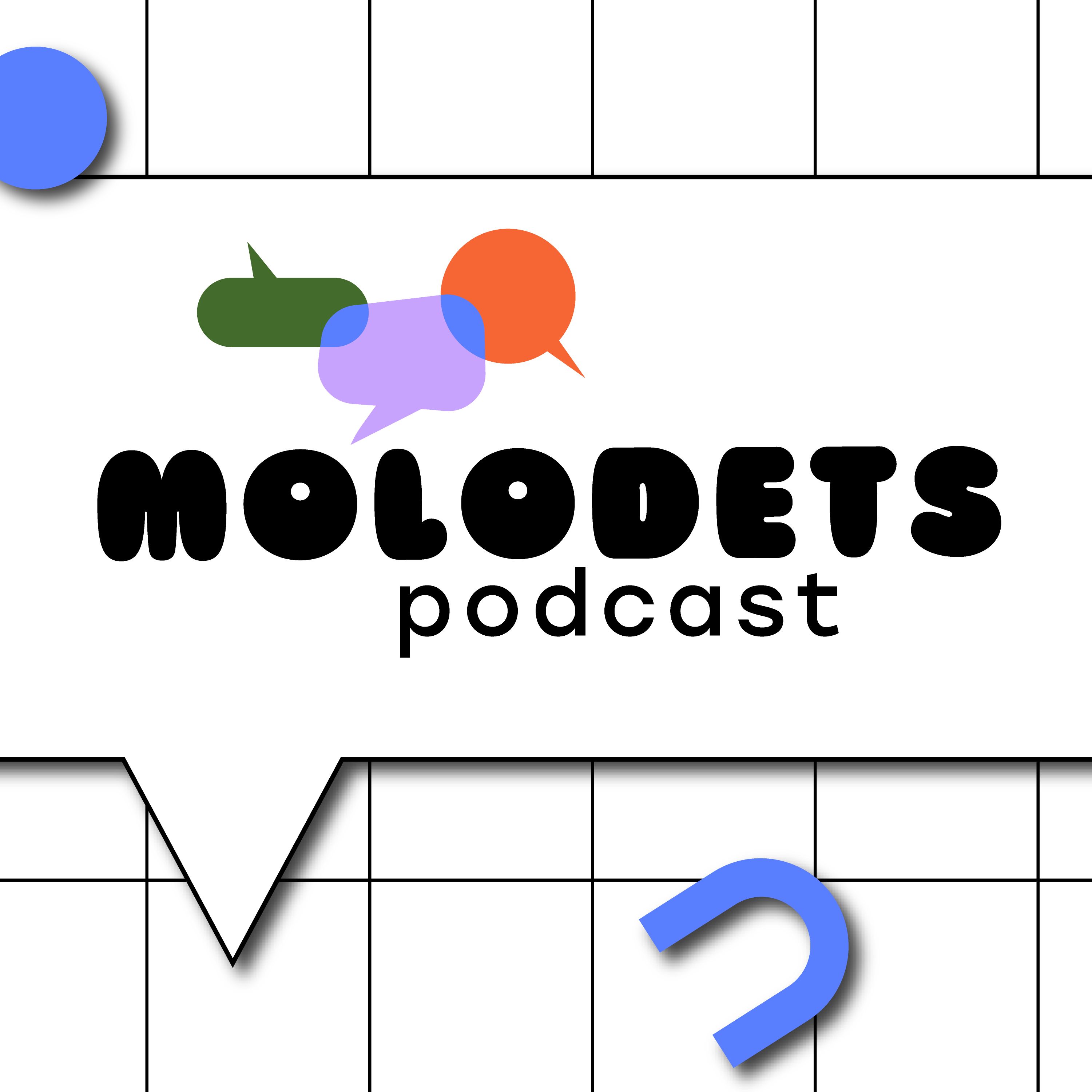
Top Ten English Words with French Origins
Descrição
In this podcast, we talk about the following ten words:
Souvenir: Derived from the French word "souvenir," meaning "to remember," this word entered English in the late 18th century. It refers to an object or memento that serves as a reminder of a person, place, or event.
Rendezvous: Originating from the French phrase "rendez-vous," which means "meeting" or "appointment," this word entered English in the 16th century.
Cuisine: Borrowed directly from French, "cuisine" refers to a style or method of cooking, often associated with a particular culture or region. It encompasses the preparation and presentation of food.
Fiancé/Fiancée: These terms come from the French words "fiancé" (masculine) and "fiancée" (feminine), both meaning "engaged." They are used to describe a person who is engaged to be married.
Déjà vu: This widely recognized phrase comes from French, where it literally means "already seen." It refers to the feeling or sensation that one has experienced the present situation before, even though it is new.
Encore: Borrowed from French, "encore" means "again" or "once more." It is often used in the context of a performance to request an additional or repeated act from the performer.
Lingerie: Derived from the French word "lingerie," this term refers to women's underwear and intimate apparel. It encompasses a range of garments, including bras, panties, nightgowns, and robes.
Décor: Also borrowed from French, "décor" denotes the overall style, arrangement, and aesthetics of a space or setting. It refers to the decorative elements used to enhance the ambiance or atmosphere.
Croissant: This word, of French origin, describes a flaky and crescent-shaped pastry. It has become popular worldwide and is often enjoyed as a breakfast or snack item.
Ballet: Originating from French, "ballet" refers to a highly expressive and intricate form of dance. It combines precise movements, graceful gestures, and storytelling to create a visual spectacle.
Canal de Podcast
English on the Road
Autor
Todos os episódios

Ep.2 「〜おく」

Episode 001: The Road To A Thousand Words

Cualidades que admiramos en otros 💚

Fairuz “The Neighbor of the Moon”

Molodets (3.5) Текст на этой неделе посвящен Индре Нуйи.

Adjetivos de personalidad🎧✨

Phrasal Verb about Transportation

Part 2 Answer IELTS Speaking
Episódios populares

Two Wise Monkeys Japanese Podcast
Ep.2 「〜おく」

The English Exchange
Episode 001: The Road To A Thousand Words

Spanish to improve your life
Cualidades que admiramos en otros 💚

Beyond Borders: Immersing in Syrian Culture
Fairuz “The Neighbor of the Moon”

Molodets! Подкаст по изучению английского языка и американской культуре для носителей русского языка
Molodets (3.5) Текст на этой неделе посвящен Индре Нуйи.

Mucho que decir
Adjetivos de personalidad🎧✨

English Learner's Boost
Phrasal Verb about Transportation

IELTS-SPEAKING 8-9 BAND IS POSSIBLE. DAILY SPEAKING PRACTICE PART 1,2 & 3. Listen daily.
Part 2 Answer IELTS Speaking